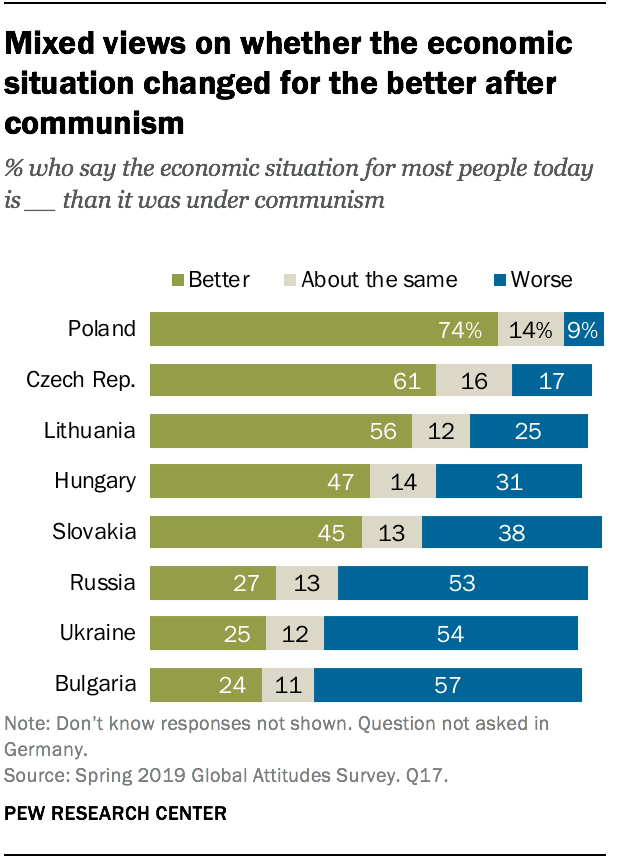Denis79
Full Member
- Joined
- Nov 2, 2014
- Messages
- 8,345
Socialist states don't fail because of socialism, but because of corrupt regimes giving in to their capitalist desires. It's like saying socialists are like Hitler, because he called himself a national socialist. Yes, Hitler is remembered as a monster because of his policies regarding income equality. That's totally why. Might as well say you shouldn't be a republic, because the people's republic of North Korea isn't doing too well.
I think the best model is a mix of socialism and capitalism, but hey that's nuance, and nuance is boring.
To a large extent yes, but they are also quite quickly put under sanctions by powers with economical interests in the specific country. Just look around South America, it's happened on a regular basis.



